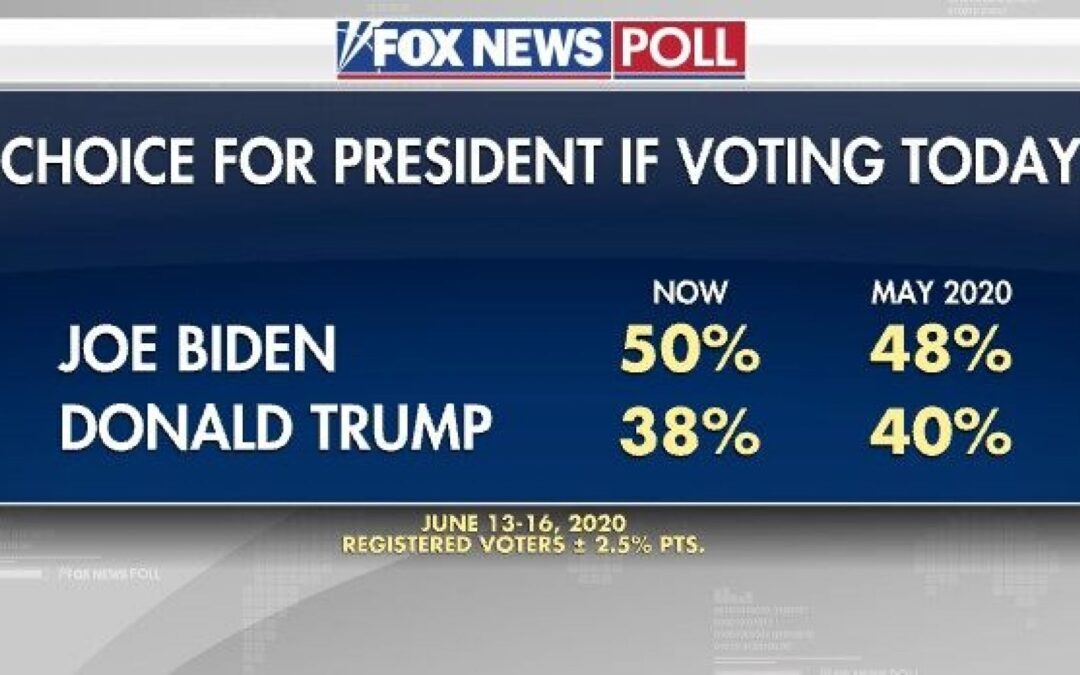Top aides to President Trump tried today to negotiate with the commission overseeing presidential debates to increase the number of times that Trump and former Vice President Joe Biden face off in the fall.
The Trump camp pushed for four debates, one more than is typically held in the general election, and argued that they should start earlier because there may be an increase in early voting as people struggle with fears of the coronavirus in crowded places, according to a person briefed on the meeting.
Traditionally, the first debate is held in September, after the nominating conventions.
Trump’s advisers want them to begin soon after Labor Day.
The online meeting featured Rudy Giuliani, Trump’s personal lawyer; his campaign manager, Brad Parscale; and another senior campaign official, Michael Glassner.
They met with Frank Fahrenkopf, the co-founder and co-chairman of the Commission on Presidential Debates.
Trump representatives argued that the two campaigns should have sway over debate moderators, rather than only the nonpartisan debate commission, an argument that has previously been rejected by the organization’s chairman.
They also said debates should not occur on nights when there are NFL games.
The Trump campaign’s posture marks a sharp departure from what the president’s advisers were discussing last year.
Back then, as the Democratic primary season was intensifying, Trump’s advisers discussed whether the president would even take part in debates sponsored by the commission.
But since then, the spread of the coronavirus pandemic and a global recession, combined with the Trump administration’s failures responding to the virus, have changed Trump’s standing in the race.
In all recent national surveys and many state surveys, Trump trails Biden.
A new national poll from Quinnipiac University today finds Biden with an advantage of eight percentage points, and a new Fox News national poll put Biden up by 12 points.
In the head-to-head matchup, the poll finds Biden leads Trump by a 50-38 percent margin.
That 12-point advantage is statistically significant, and up from Biden’s 8-point lead last month (48-40 percent).
Independents prefer Biden over Trump by 39-17 percent, but another 43 percent are undecided or supporting someone else.
Biden’s lead comes from the backing of black voters (+79 points over Trump), those under age 30 (+37), suburban areas (+22), women (+19), and voters ages 65+ (+10).
Trump, on the other hand, is underperforming his vote share among key groups, such as white evangelical Christians (+41 points) and rural voters (+9).
In 2016, he won white evangelicals by 64 points and rural areas by 27.
